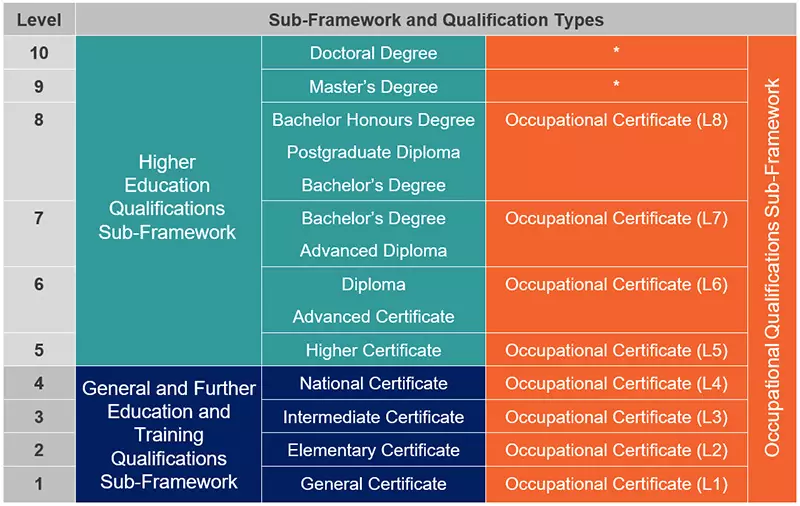Is your asset management programme on track, yet you know that your processes are not fully optimised? Or do you experience continuous breakdowns due to an elusive problem which does not get the required attention?
Since Pragma launched the Focused Improvement (FI) business process, we have helped clients to identify problems, eliminate them, and reap the benefits of improved performance and cost savings.
The purpose of the FI business process is to implement a system and practices for structured and focused improvement activities, thereby addressing asset-related problems and performance gaps within the organisation.
Says Leon Erasmus of Business Development Engineering: “FI concentrates improvement efforts on the areas with the greatest leverage. A hierarchy of meetings is established and people are provided with the skills to do effective problem solving. This combination will ensure successful and sustained performance improvement in the organisation.”
FI is possibly the most important business process in pursuit of world class asset management, as it is the driving force behind improving performance throughout all the other business processes. Quite often improvement initiatives lose their focus in a maze of activities, resulting in failure and disillusionment. The business process aims to answer the following questions of asset owners:
- Do we know where to focus our improvement efforts?
- Do we have recurring problems?
- Do we spend a lot of time “fire fighting”?
- Is the operation often stopped due to unforeseen problems?
- Do we know how to use data and facts to solve problems?
- Do we have the tools and techniques to solve problems?
- Do we have a structured problem solving process?
- Do we know how to roll out and sustain solutions?
- Is the performance of our assets improving?
The FI implementation phase commences with an initial project during which the asset management strategy and KPIs are used to confirm focus areas. Says Erasmus: “This is followed by a detailed analysis to identify the opportunities to obtain maximum leverage. Focused improvement projects are immediately launched to generate quick wins. These quick wins refer to relatively inexpensive and easy initiatives that can be implemented early in the improvement process generating substantial improvements.”
Quick wins are designed to build momentum, overcome internal resistance and fund the process while more long-term initiatives are being implemented. Quick wins also ensure a quick return on the customer’s investment in the ACC service. A structured problem solving process, based on the well-known DMAIC steps as used in Six Sigma projects, is introduced.
The client’s requirements are defined and standards are developed for focused improvement and the administration thereof in parallel with the initial project. Erasmus adds: “This includes establishing a hierarchy of meetings and training the customer’s resources in both the focused improvement process as well as in structured problem solving. Failure analysis requirements are set up in the EAMS to be used during work order feedback in order to identify and analyse recurring problems.”
The execution phase ensures that meetings are sustained, from which FI projects are initiated. Pragma continues to play a mentoring role, guiding and assessing teams during FI projects.
According to Erasmus, the challenge today is increased pressure to drive improvement with limited resources. He says: “Ultimately companies want to achieve Zero unplanned Stops, a Pragma initiative aimed at a culture of continuous improvement to prevent downtime and slow running, reduce downtime through increased efficiency, and eliminate waste. This is where FI can play a huge role. The FI process creates focus by defining the key value drivers and analysing loss and waste. It also generates improvements with a daily management system and focused improvement projects.”
Erasmus continues: “We’ve had huge success with some of our clients. Due to the FI process, time to repair at one of our clients improved by 46% from 37 to 20 hours per call, and downtime hours improved by 69% from 22 600 to 7000 hours. Another client showed a saving of R5,5 million in the year to date. FI definitely works and can be of huge benefit to companies.”
